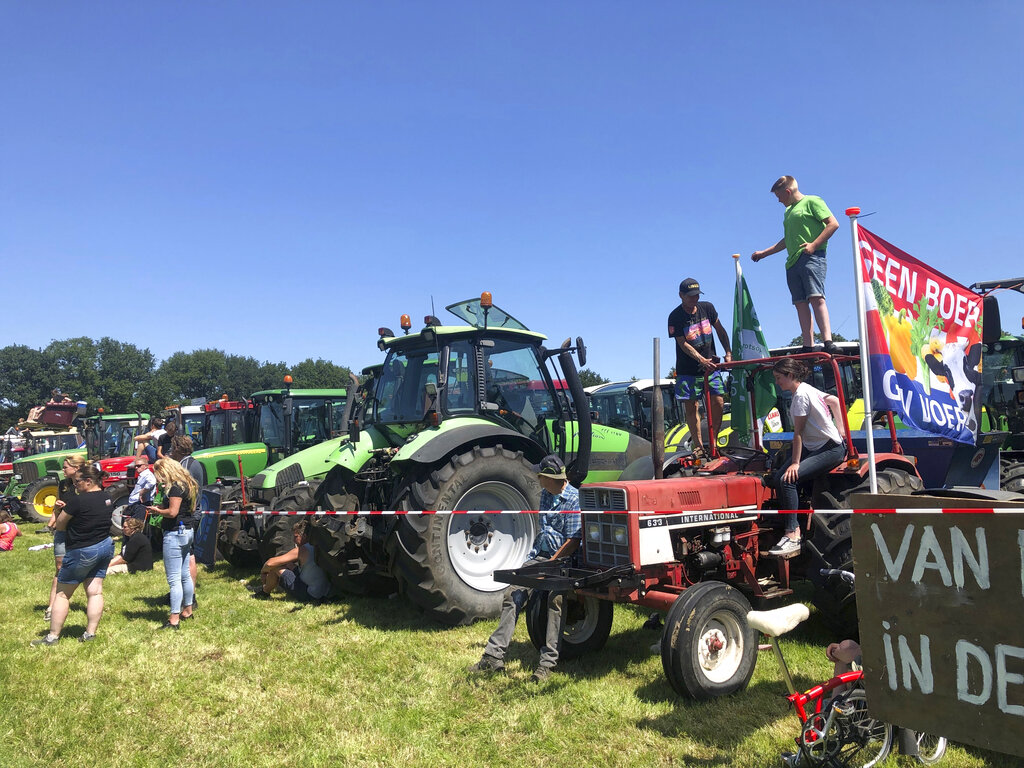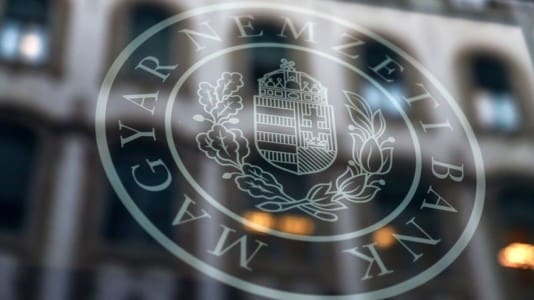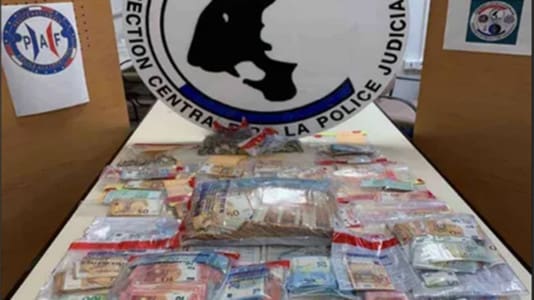The mass protests by farmers in the Netherlands have been largely ignored by the world media. The brutality of the police who actually shot at tractors driven by the farmers did receive some attention, but nowhere near as much as the happenings organized by the anti-racists and climate protesters. Agriculture is the past and less worthy of attention than the trans and gender debates it would seem.
However, even more interesting are the plans of the Dutch government, which led to the farmers’ protests: plans for a radical reduction in the emission of nitrates, which would mean a radical reduction in the use of fertilizer and livestock — a scenario for bankruptcy for many farms.
This is not some local policy or some crazy stunt by Dutch climate activists. It’s a test for the entire European Union. A policy being tried that will later be used as the official policy of the EU. Emissions will be reduced, but at the cost of increasing the dependency on imports and reducing food security.
This is all a part of the plan to build a new utopia through a new order. Time will tell if societies will find the energy to resist this madness. The situation in Holland shows that we have arrived at a point of confrontation.
It is interesting that this attempt to force through radical ideas on CO2 and nitrate emissions is taking place when Russia’s attack on Ukraine has shown how the full immersion in globalization can be dangerous. If you have your own coal, you can generate your own power. If you produce your own food, you will not go hungry. If you depend on imports, you can get into trouble overnight.
This should be the conclusion from the Dutch experience. Let’s depend on ourselves: our own army, our own coal mines, and our own agriculture. Let’s be weary of ideological fashions, because the world is now a very dangerous place.
Especially here in Poland, a front-line state on which so much in Europe now depends.





